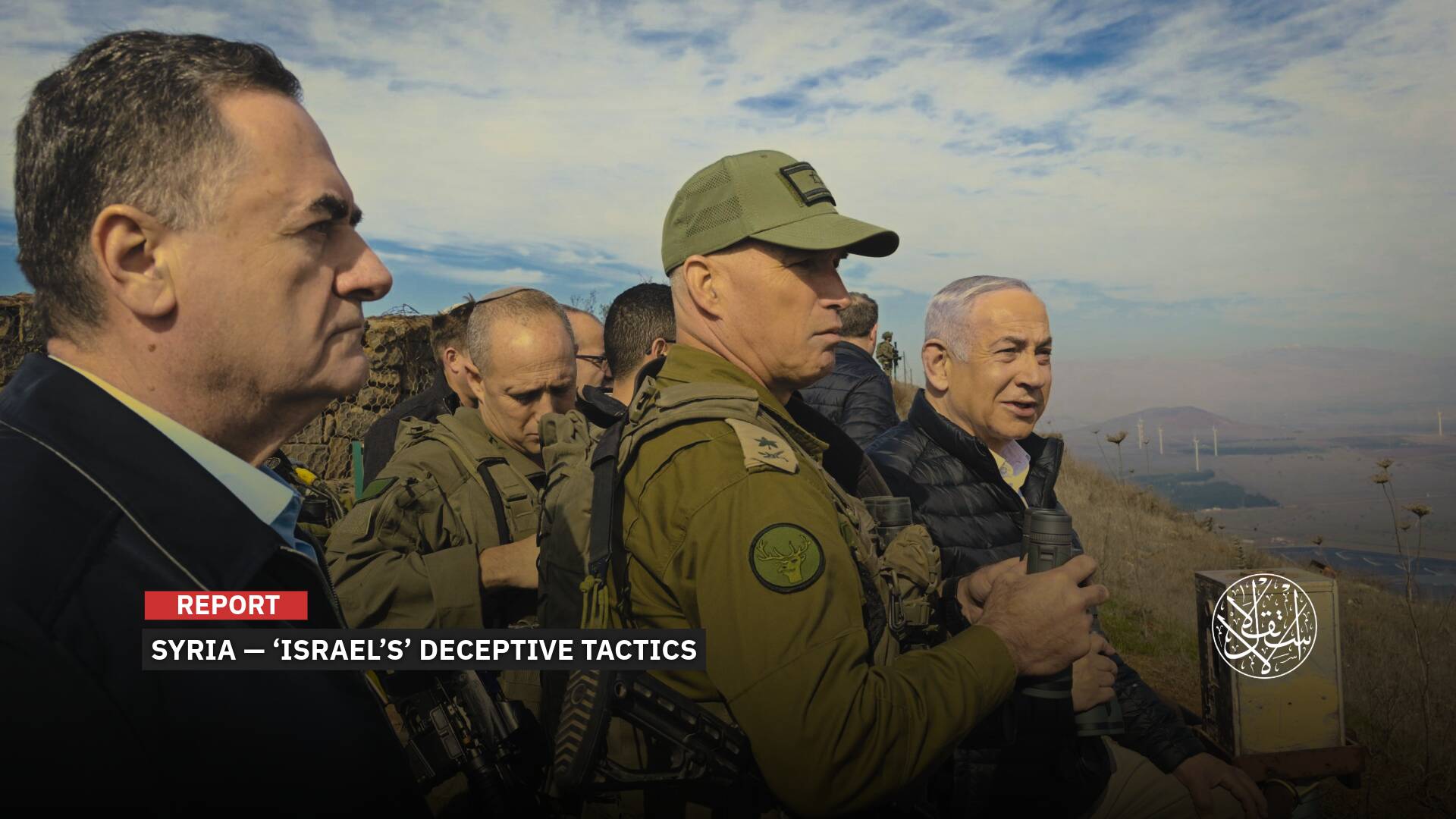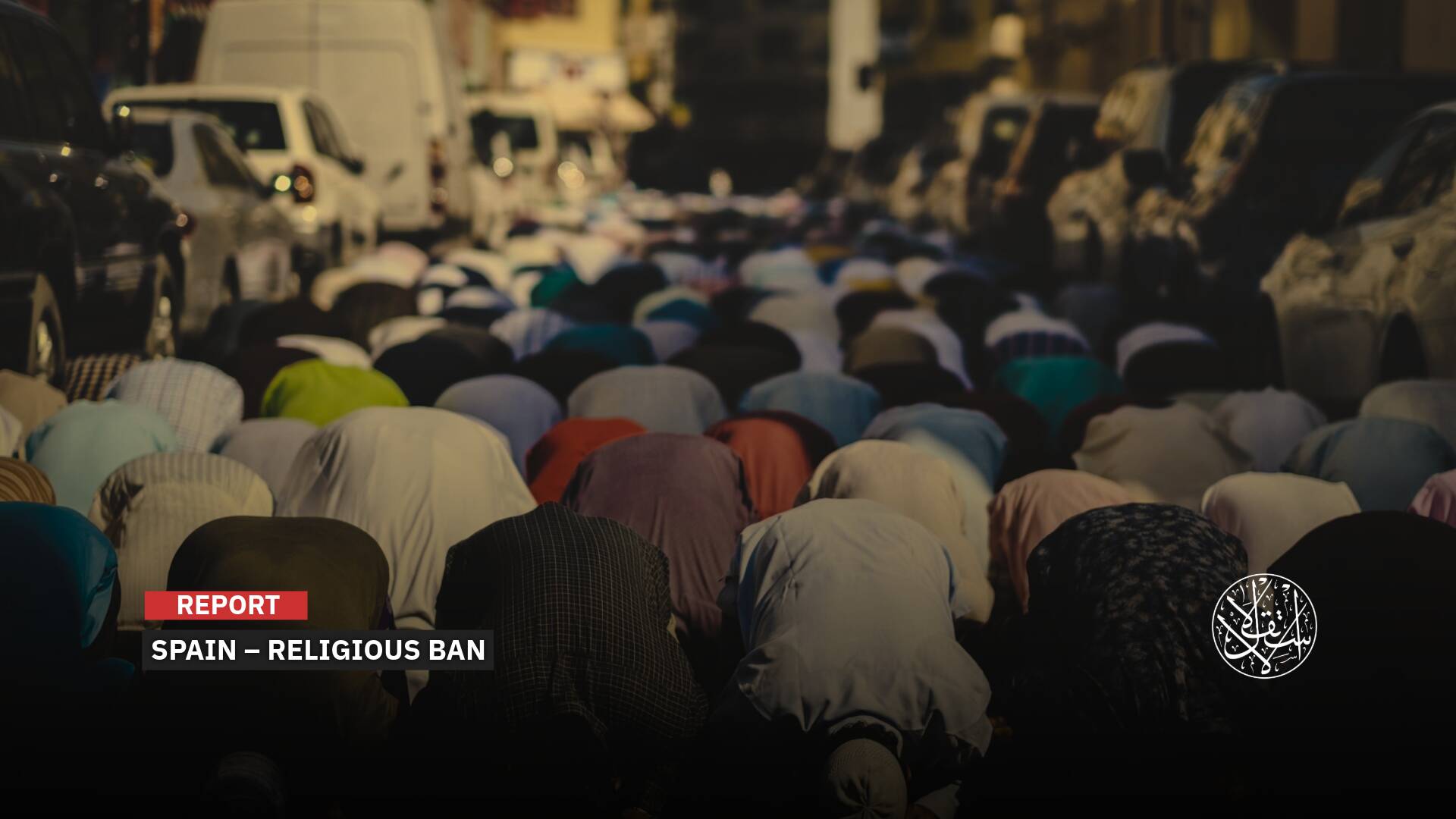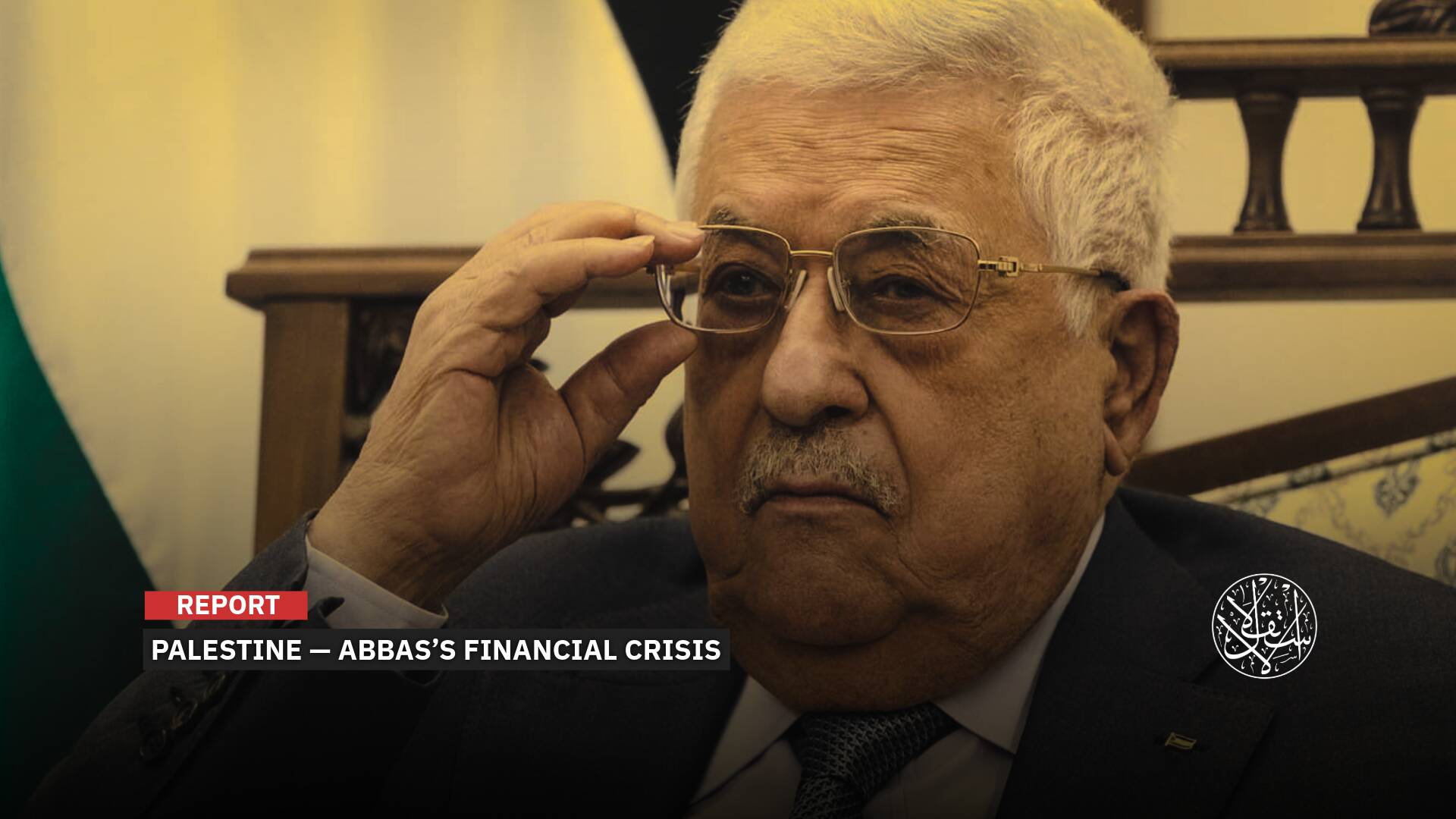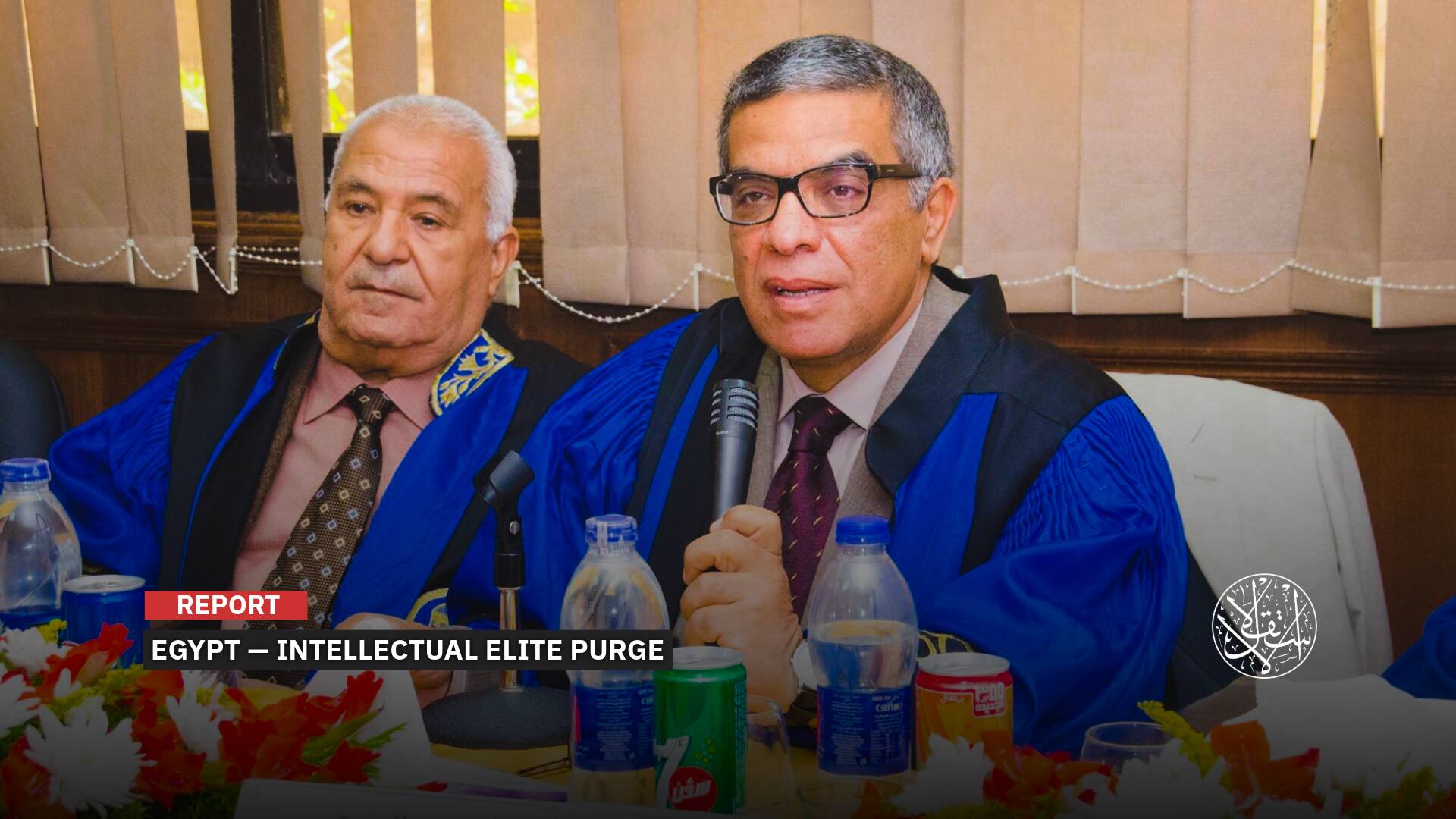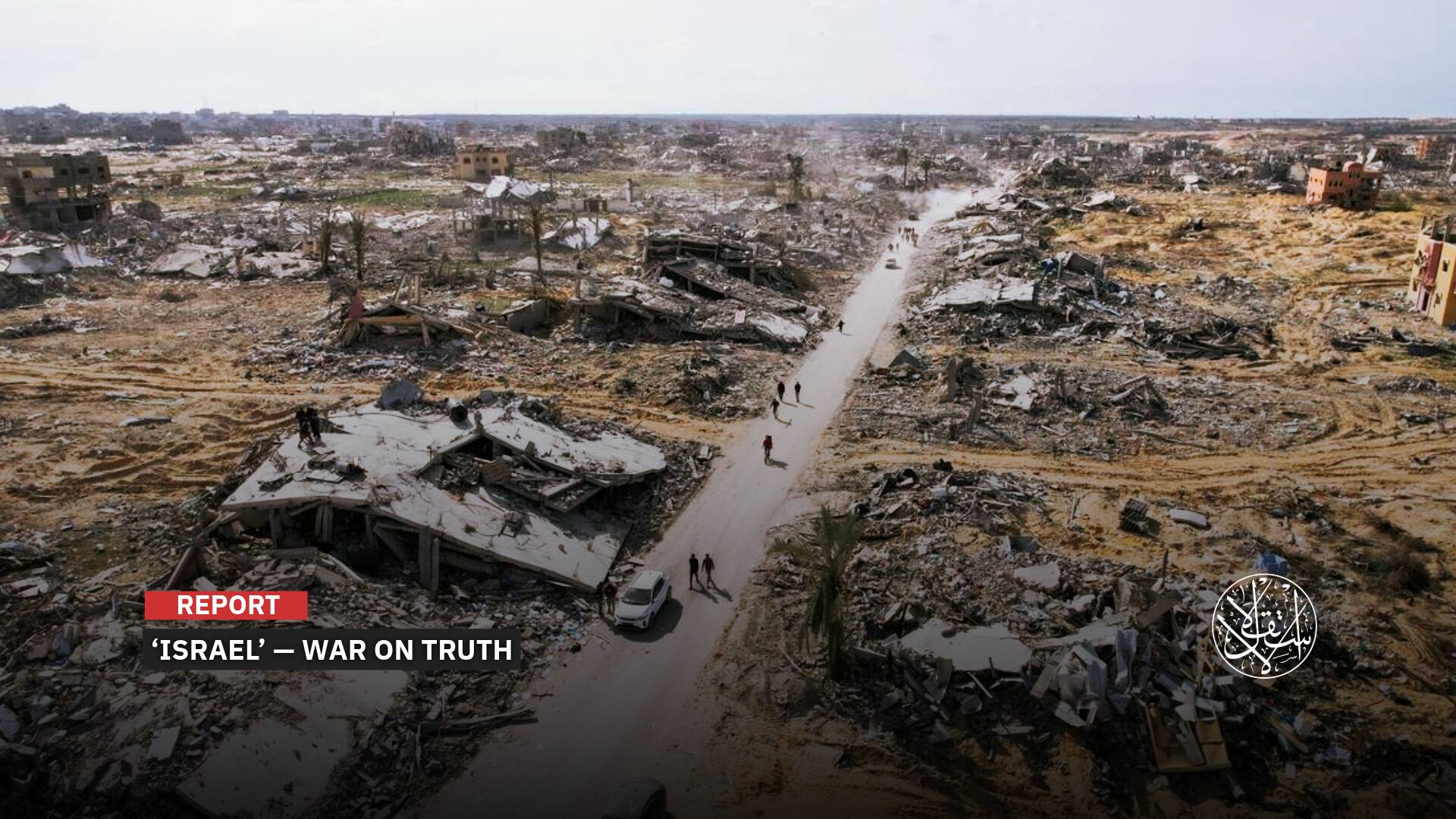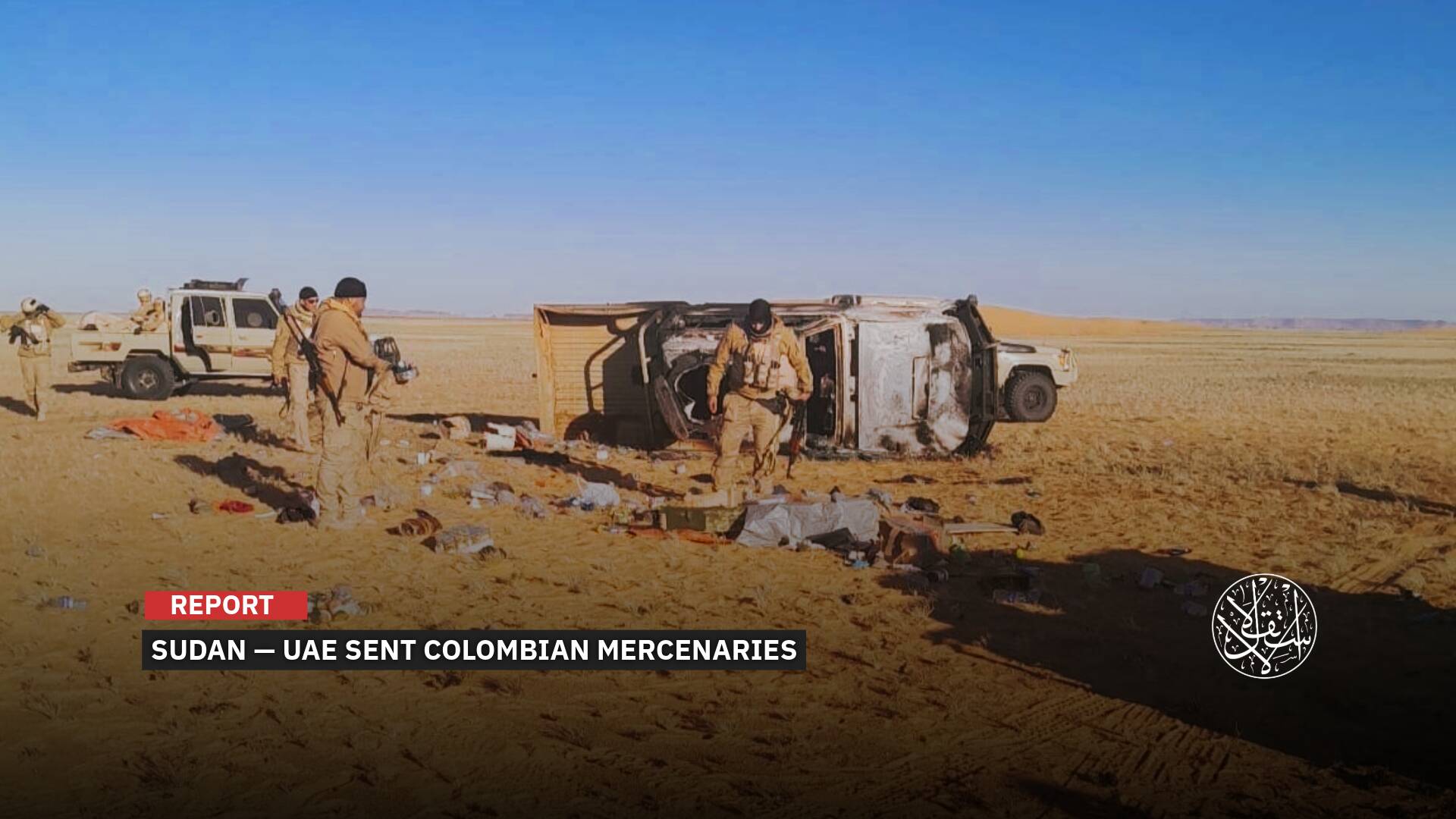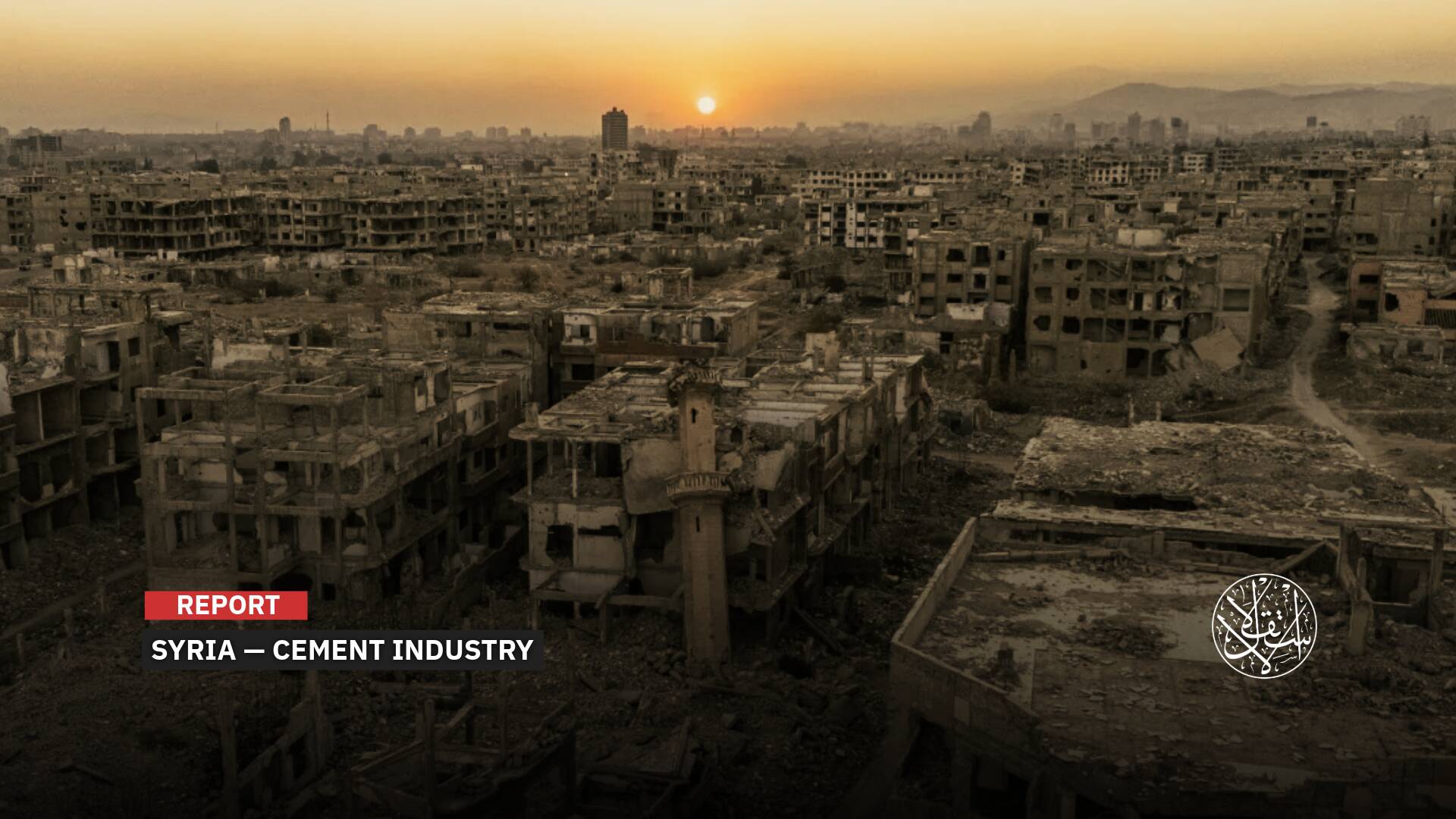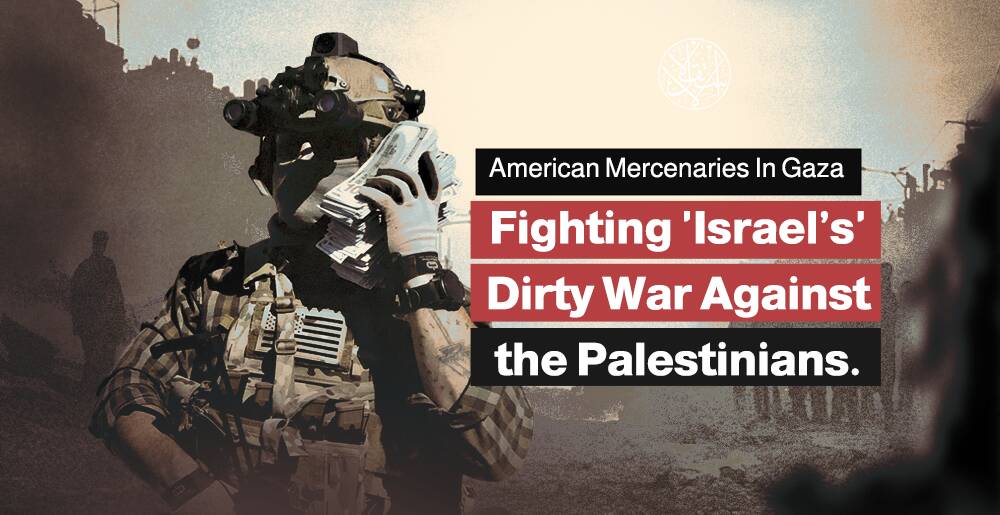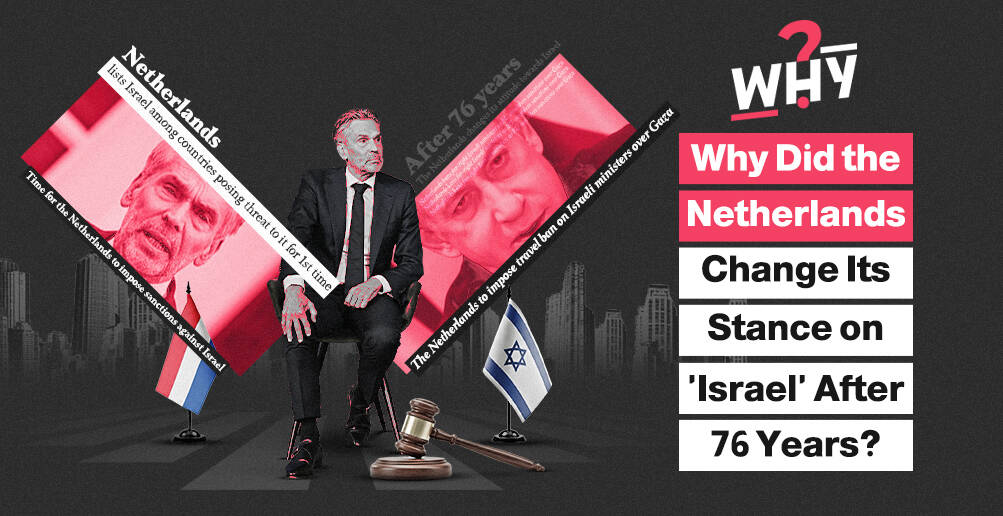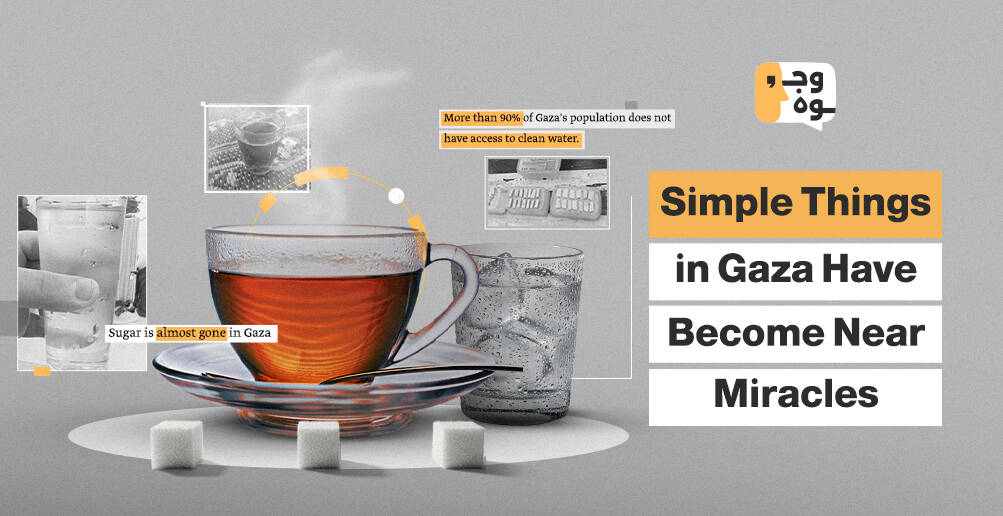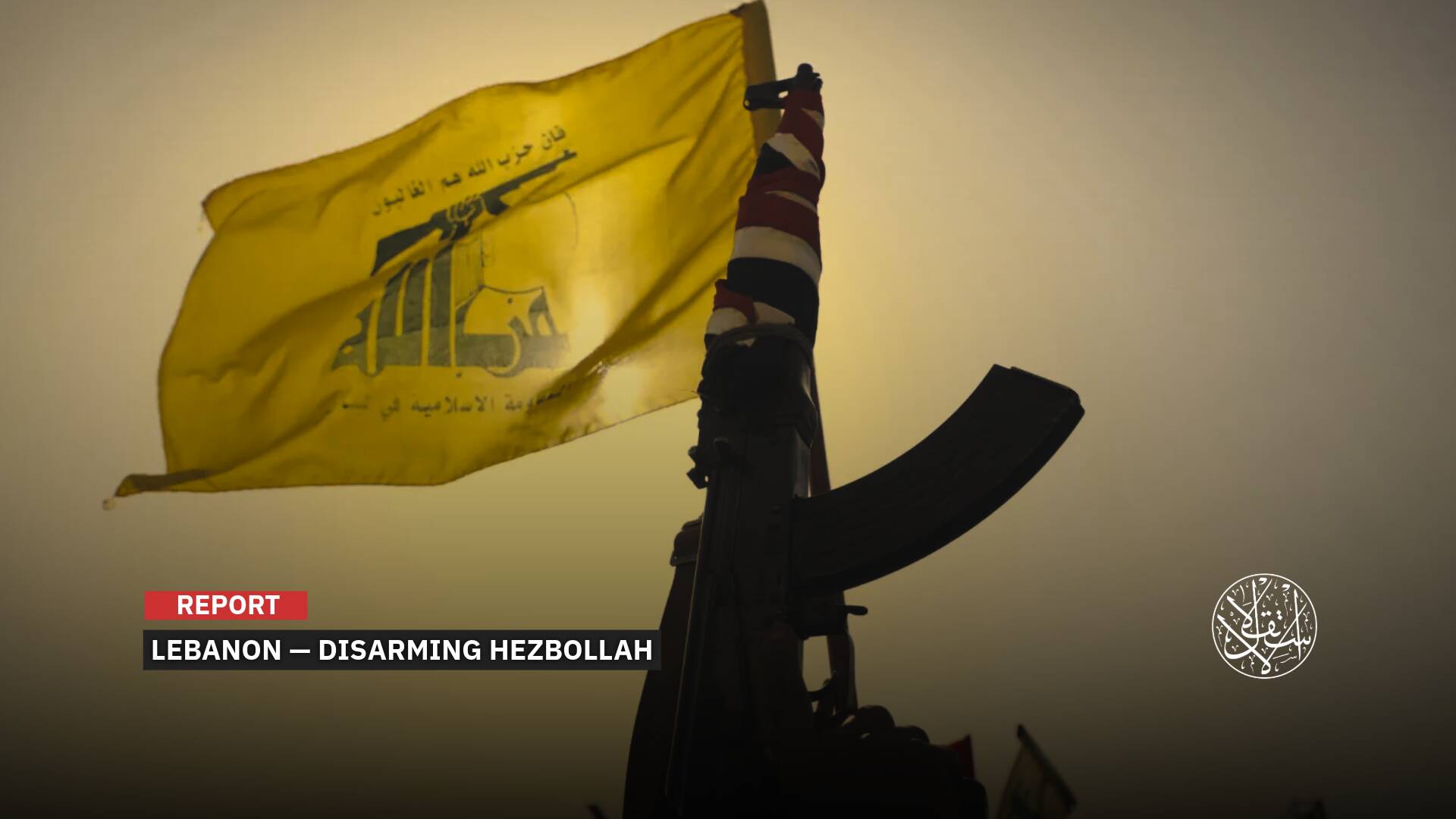How 'Israel' Is Penetrating the African Continent

“Israel has exploited Africa as a market for its products, seeking to expand its economy.”
Recent years have witnessed a significant shift in the nature of relations between “Israel” and African countries, as “Israel” has worked to strengthen its presence on the continent through intensive channels.
This rapprochement was not merely a resumption of diplomatic relations; rather, it was part of a broader strategy aimed at achieving political, economic and security interests, in addition to influencing the positions of African countries in international forums, particularly regarding the Palestinian cause.
African countries have historically been strong supporters of the Palestinian cause. However, with the shifting international and regional balances, “Israel” has been able to influence the positions of many African governments, which has been reflected in voting patterns at the United Nations and other international institutions.
Despite all of the above, African opposition to Israeli policies has escalated significantly in recent times.
In a dramatic diplomatic incident, Israel's ambassador to Ethiopia Avraham Neguise was expelled from the African Union headquarters in Addis Ababa during the annual meeting of the Union on April 7 due to member states' refusal to allow him to participate in the meeting.
The African Union, at its last summit in February 2024, condemned the brutal war on Gaza, demanding an immediate ceasefire.
It also supported South Africa's lawsuit before the International Court of Justice (ICJ) against Israel's genocide in Gaza, affirming the Palestinian people's right to establish an independent state.
“Israel” was granted 'observer status' in the African Union to counter Palestinian influence in 2021.
However, on 20 February 2024, at the initiative of Algeria and South Africa, the African Union Commission (AUC) withdrew Israel's ‘observer status’, permanently banning it, just two years after that status had been conferred on “Israel”, following a decade of diplomatic efforts.
In the aftermath of 7 October and Israel’s ongoing genocide in Gaza, official African responses in support of the Palestinians have been articulated by South Africa, Namibia and Zimbabwe.
On the other hand, several African countries, most prominently Kenya, Ghana, Rwanda, Cameroon and the Democratic Republic of Congo, have expressed their unconditional support for “Israel”.
In regard to popular solidarity with Palestine, public support for the Palestinian cause remains strong across Africa, often surpassing and contradicting official reactions.
Growing Influence
As part of its policy of openness and expanding political, economic, and security influence, “Israel” has worked over the past decades to strengthen its presence on the African continent by building diplomatic relations and multifaceted cooperation with an increasing number of countries.
It has sought to break the diplomatic isolation it has faced for decades, especially after the 1973 Addis Ababa Summit, which saw most African countries sever relations with “Israel”.
By strengthening its ties with countries of the Global South, “Israel” seeks to improve its global image, granting it international legitimacy and reducing its isolation.
Furthermore, “Israel” is keen to achieve political gains within international institutions such as the UN and the African Union, where African voices play an influential role in decision-making.
On the economic front, “Israel” is seeking new markets for investment, particularly in the fields of technology, agriculture and water, offering tech solutions to boost agricultural production on a continent facing challenges in food security.
It is noteworthy that “Israel” exploits African countries' need for economic and development support to change their positions in international voting, employing this aid as a diplomatic pressure tool.
In addition to sending Israeli experts to participate in development projects, “Israel” seeks to establish partnerships with African NGOs to strengthen its relations with governments and peoples.
It also exploits African natural resources to bolster its economy, focusing on mines, precious metals, and uranium, a strategic component in the military industry.
In addition, “Israel” plays a major role in selling weapons and military technology to countries experiencing internal conflicts, enhancing its economic and political influence on the continent.
From a security and strategic perspective, strengthening Israel's presence in the Red Sea and the Horn of Africa is a priority to address security threats and secure sea lanes that impact global trade.
“Israel” is also working to undermine the growing Iranian and Turkish influence on the continent, as it views Iran's presence in some African countries as a security threat to its interests, particularly in light of Tehran's cooperation with some armed groups.

Strategic Interests
Benjamin Netanyahu was the first Israeli prime minister to visit the African continent in 2016, after a gap of five decades, and worked on re-establishing relations with African countries, leading to diplomatic and economic gains for both parties.
As part of its diplomatic influence, “Israel” reopened several of its embassies in Africa and strengthened diplomatic exchanges with African countries by signing cooperation deals in the fields of cybersecurity and intelligence.
According to official data from the Israeli Ministry of Foreign Affairs website, “Israel” maintains formal diplomatic relations with 44 African countries, reflecting a broad diplomatic penetration in various regions of the continent.
Tel Aviv also offers scholarships to African students to study at its universities, contributing to the formation of an African elite loyal to “Israel”.
Exploiting African divisions, “Israel” supports some political regimes at the expense of others to serve its strategic interests.
“Israel” also seeks to influence African public opinion through media and propaganda, using channels and organizations that promote its development and technological successes on the continent.
Israel's rapprochement with African countries has led to a decline in traditional African support for Palestinian rights in international institutions.
Some African countries have also voted in favor of “Israel” on sensitive issues at the United Nations, either by abstaining or voting against resolutions condemning Israeli violations.
Countries such as Malawi, Togo, and Cameroon abstained from voting on resolutions condemning “Israel”, while others, such as Liberia, shifted toward supporting Israeli positions on some international issues.
This was also reflected in the reduction of financial and political support for Palestinian organizations by some African countries, which have become more closely aligned with “Israel”.
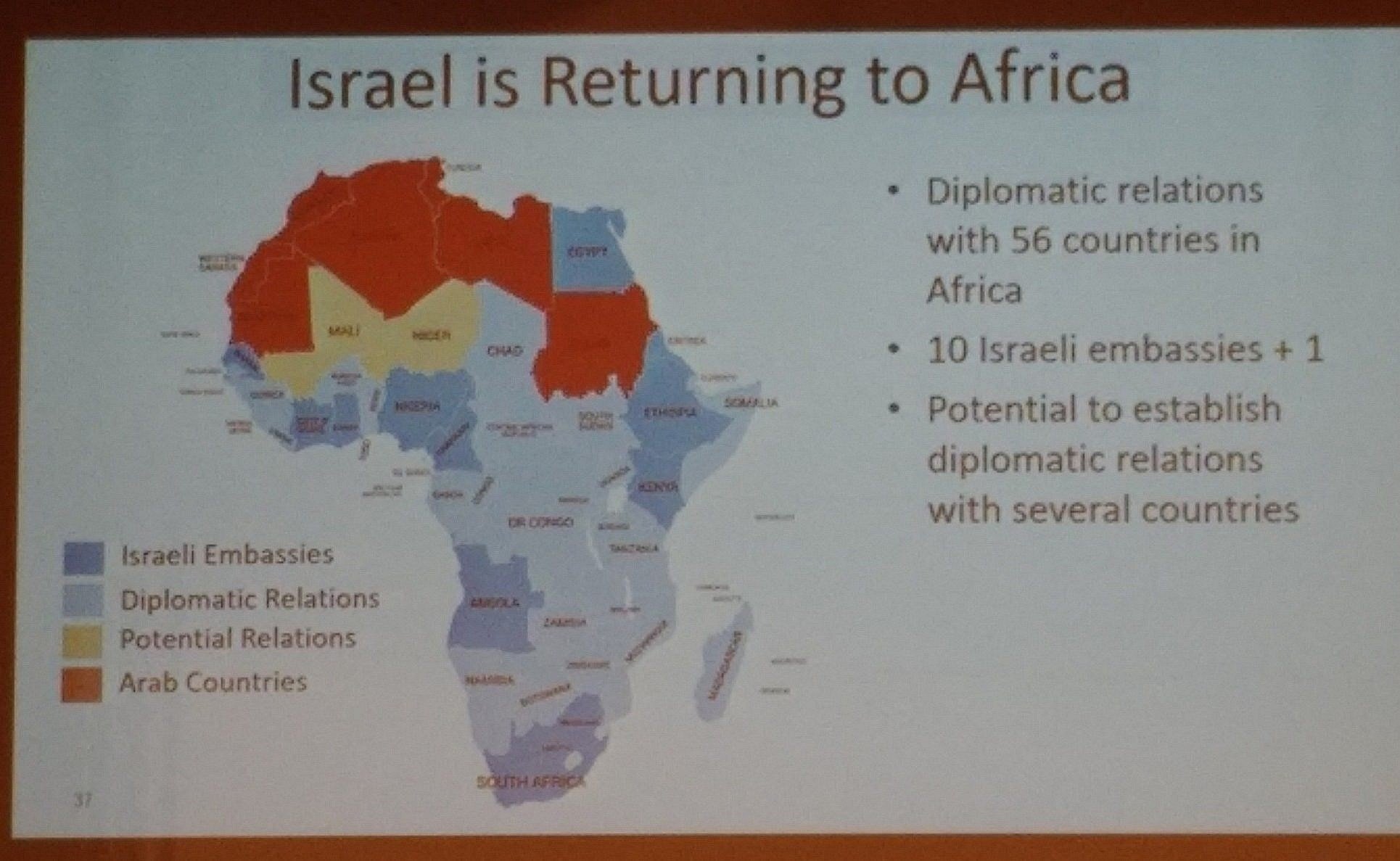
Security and Defense Cooperation
“Israel” has sought to develop its military activity in Africa, increasing the volume of its arms sales to African countries.
In 2023, Israeli arms exports worldwide reached $13 billion, with Africa accounting for 1% of these exports, or approximately $130 million, with indications of growing security partnerships.
Nigeria is Israel's largest partner on the African continent, particularly in the areas of security and defense.
“Israel” has cooperated with Nigeria in the fight against terrorism, particularly against Boko Haram, and has provided it with advanced intelligence and security technologies.
Since the signing of the Abraham Accords in 2020, security and defense cooperation between Morocco and “Israel” has witnessed a qualitative leap.
It is noteworthy that Morocco is close to signing a deal to purchase two Ofek 13 satellites worth approximately $1 billion, making it the largest deal between “Israel” and an African country.
In addition, BlueBird Aero Systems signed an agreement to establish a drone factory in Morocco. Morocco had previously purchased 150 drones in 2022.
In June 2022, “Israel” participated in the African Lion 2022 exercise, organized by Morocco and the United States, reflecting the deepening military cooperation between the two countries.
On the other hand, military cooperation between “Israel” and Senegal has witnessed significant development in recent years.
The Senegalese armed forces benefited from Israeli expertise in various fields, such as counterterrorism, cybersecurity, and intelligence.
Senegal has also purchased advanced military equipment from “Israel”, including surveillance systems and drones used in surveillance and counterinsurgency operations.
Major Israeli security companies, such as ‘Elbit Systems’ and ‘Israel Aerospace Industries’, have played a significant role in supplying military equipment and providing security consulting to Senegal.
Cooperation between “Israel” and Ethiopia dates back to the 1950s, and relations were strengthened during the Israeli Prime Minister's visit in 2016.
“Israel” is one of Ethiopia’s most important arms suppliers and supported it in its recent war with Eritrea.
The Ethiopian Air Force purchased the Israeli Spyder-MR air defense system to protect the Grand Ethiopian Renaissance Dam from potential air attacks.
In February 2025, “Israel” and Ethiopia signed an agreement to enhance cooperation in the fields of energy, water, and innovation, which included the integration of Israeli companies into water infrastructure development projects in Ethiopia.
Uganda and “Israel” enjoy strong relations. A 2016 Israeli investigation revealed that Uganda had become a major hub for Israeli arms trafficking, with shipments transiting through the country to militias in Congo, South Sudan and Rwanda.
On September 19, 2022, Uganda and “Israel” signed a memorandum of understanding to enhance defense cooperation between the two countries, covering military training, intelligence gathering, airspace management, and border protection.
Kenya is one of Israel's most important security partners in East Africa, providing it with intelligence technology to combat al-Shabaab, the Al Qaeda subsidiary responsible for deadly attacks across Africa, in addition to military training and cooperation in energy and agriculture.
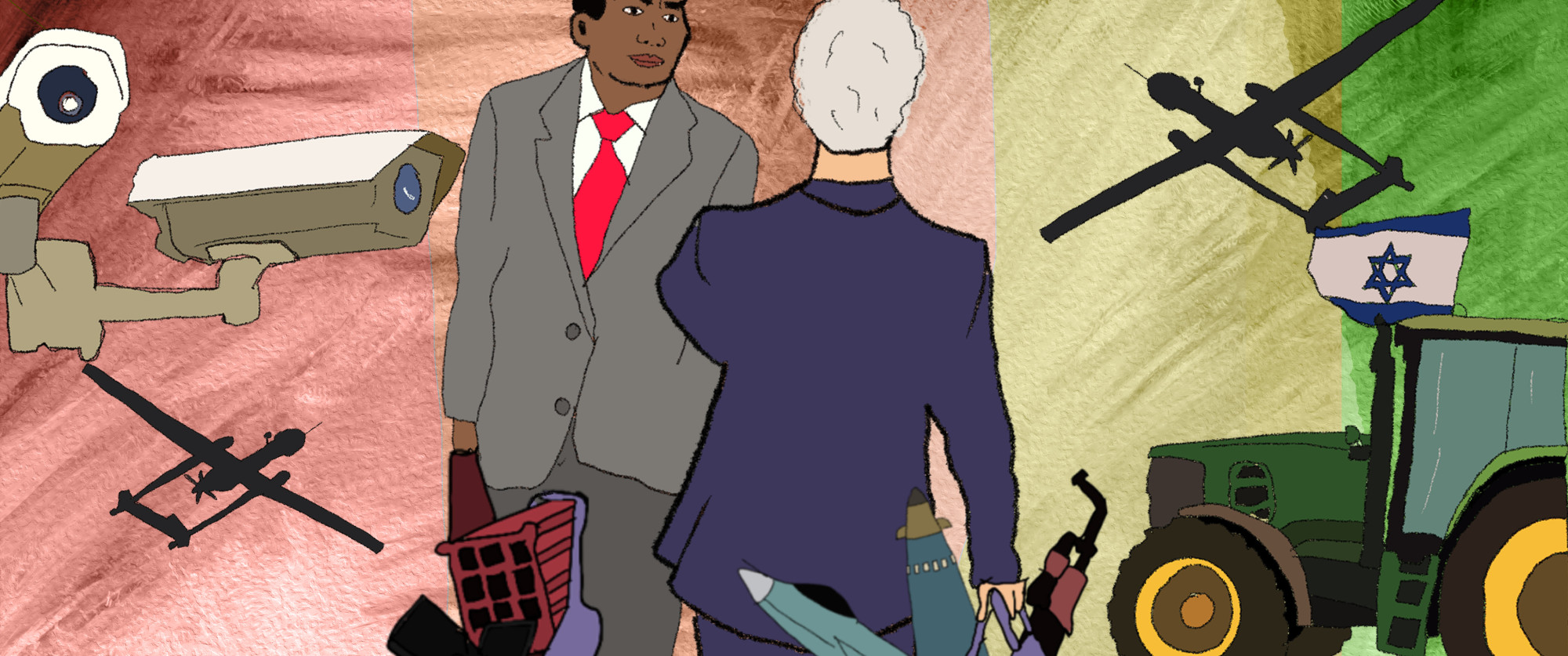
Israel's expansion in Africa is not limited to political and military relations. “Israel” has also expanded its intelligence presence in Africa through the Mer Group and Black Cube, two prominent Israeli private intelligence and espionage firms.
Both groups play a pivotal role in strengthening Israeli influence in Africa by providing advanced security and intelligence services.
The Mer Group has cooperated with several African governments in military training and equipment, particularly those facing security or political challenges, such as Cameroon and the Democratic Republic of Congo.
Black Cube has been involved in espionage operations against political opponents in Africa, particularly in Nigeria and the Democratic Republic of Congo.
Sources
- Israeli Ambassador to Ethiopia Expelled from African Union Headquarters
- List of countries and status of diplomatic relations with Israel
- African attitudes to, and solidarity with, Palestine: From the 1940s to Israel’s genocide in Gaza [Analysis]
- A Vision for the Future: “Israeli-African” Relations [Research]
- The Security Element in Israel-Africa Relations [Research]



